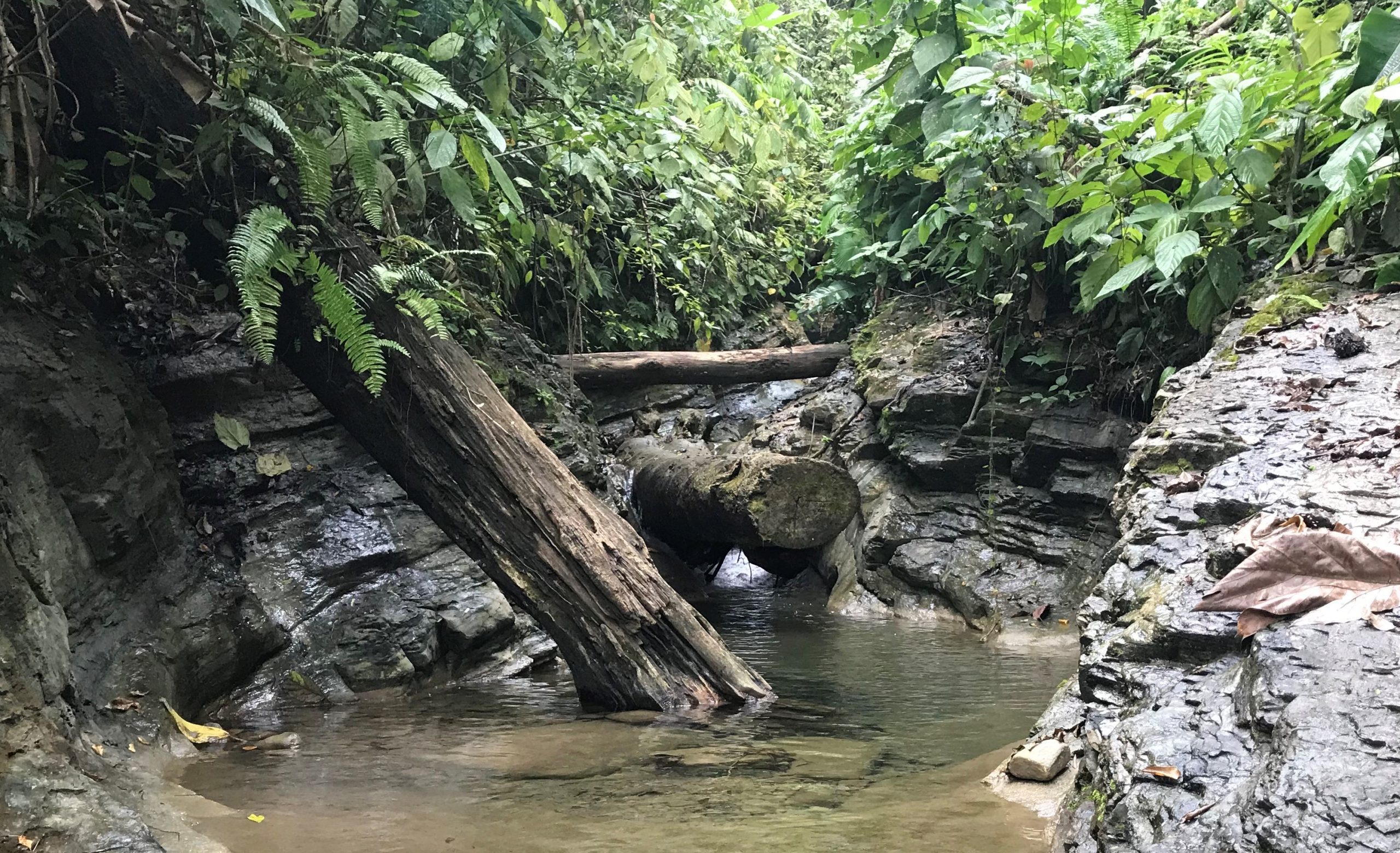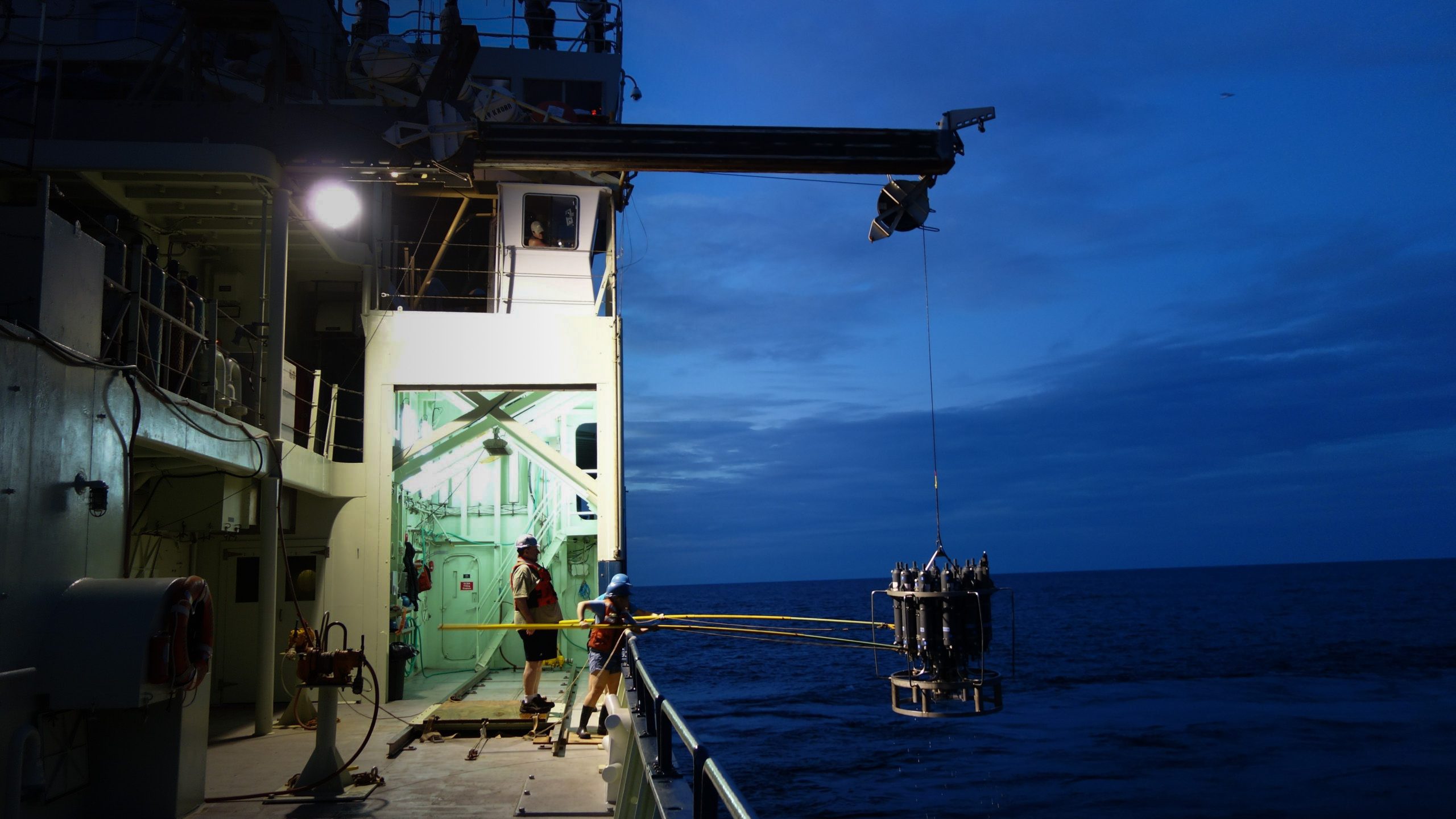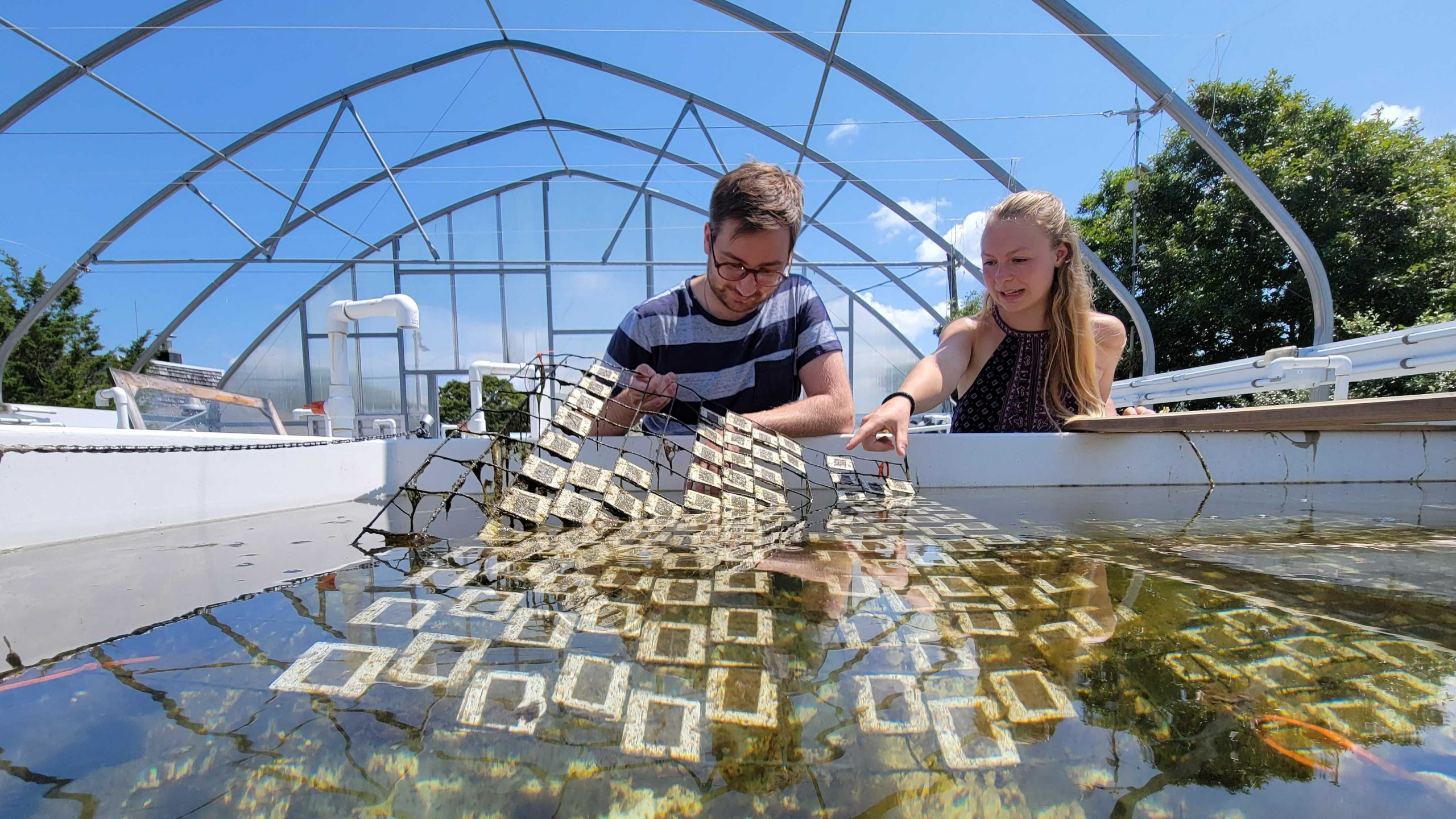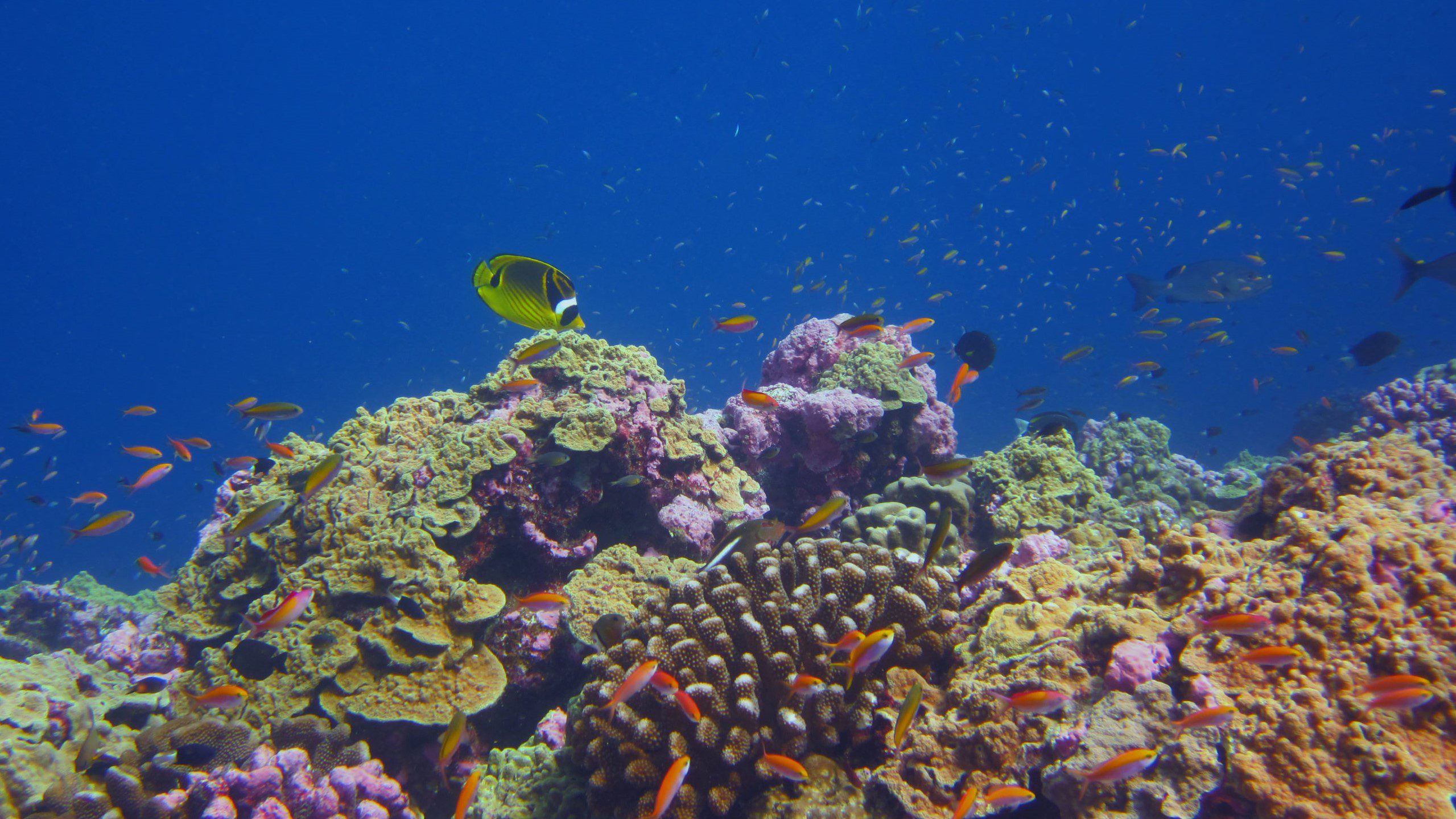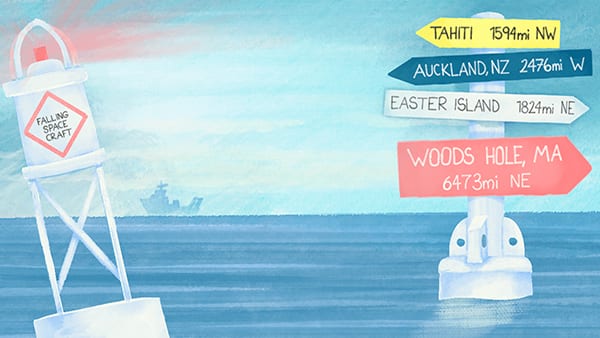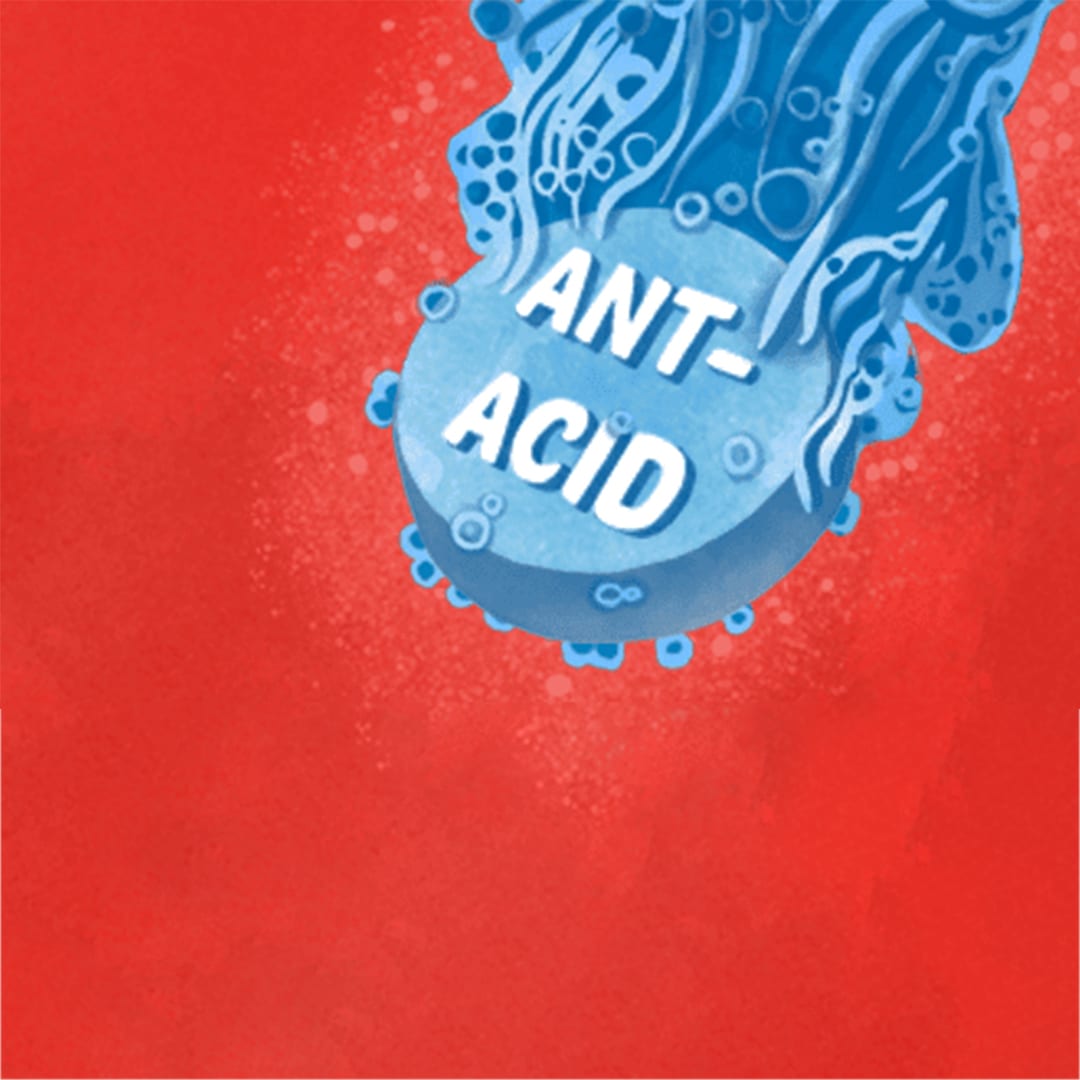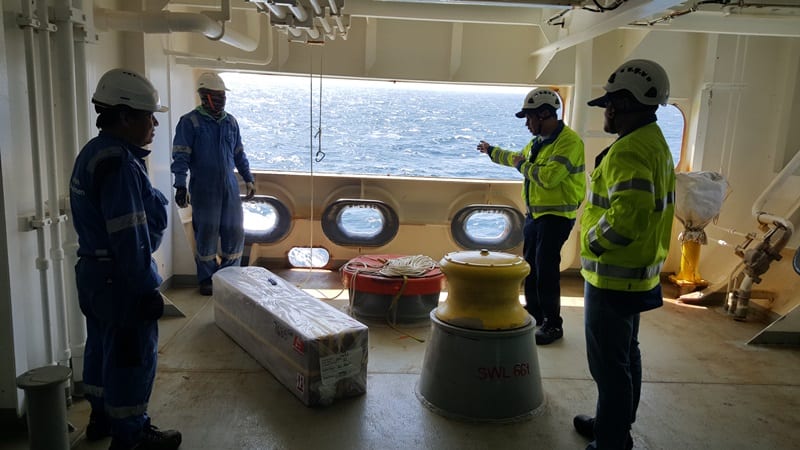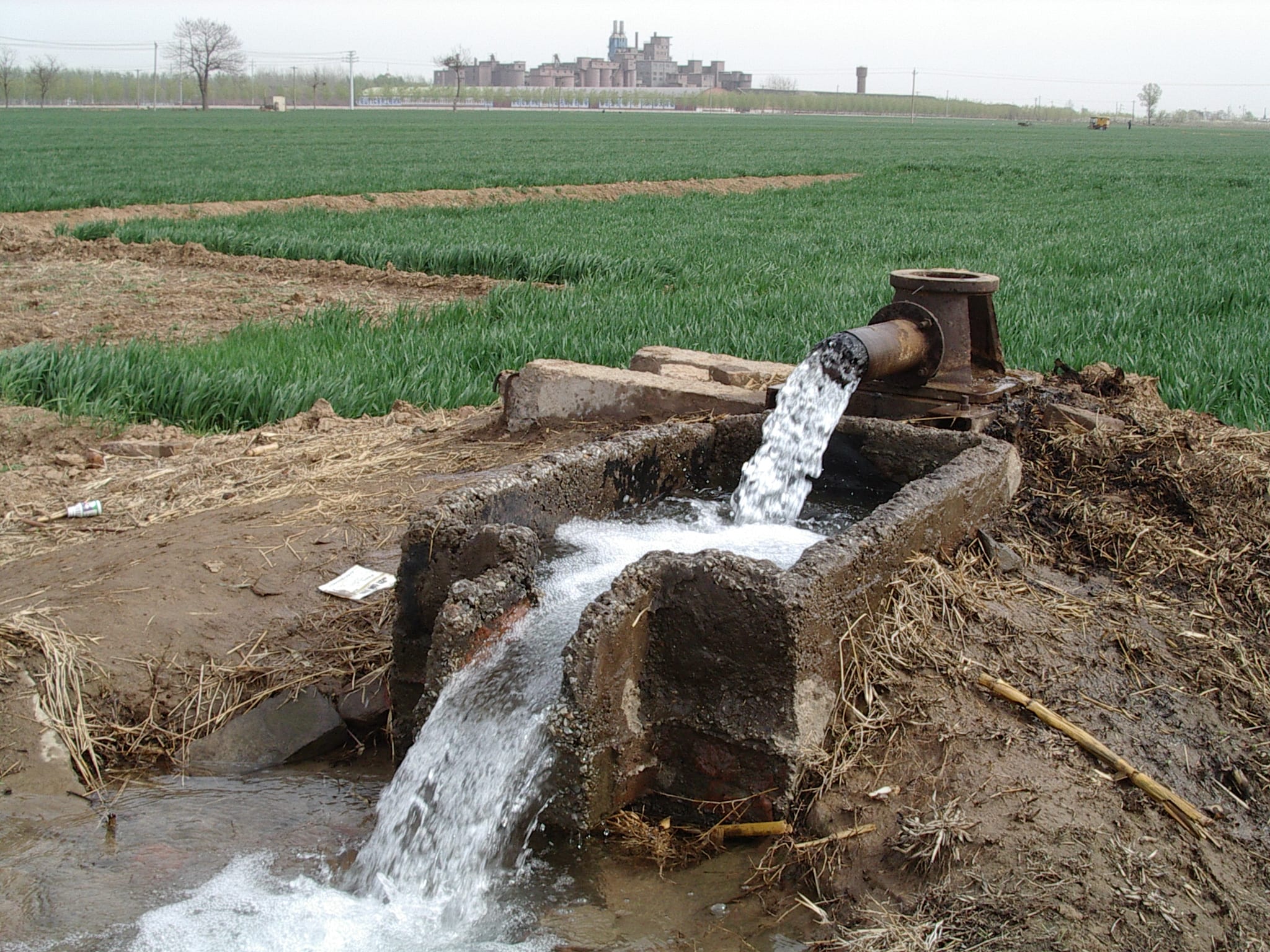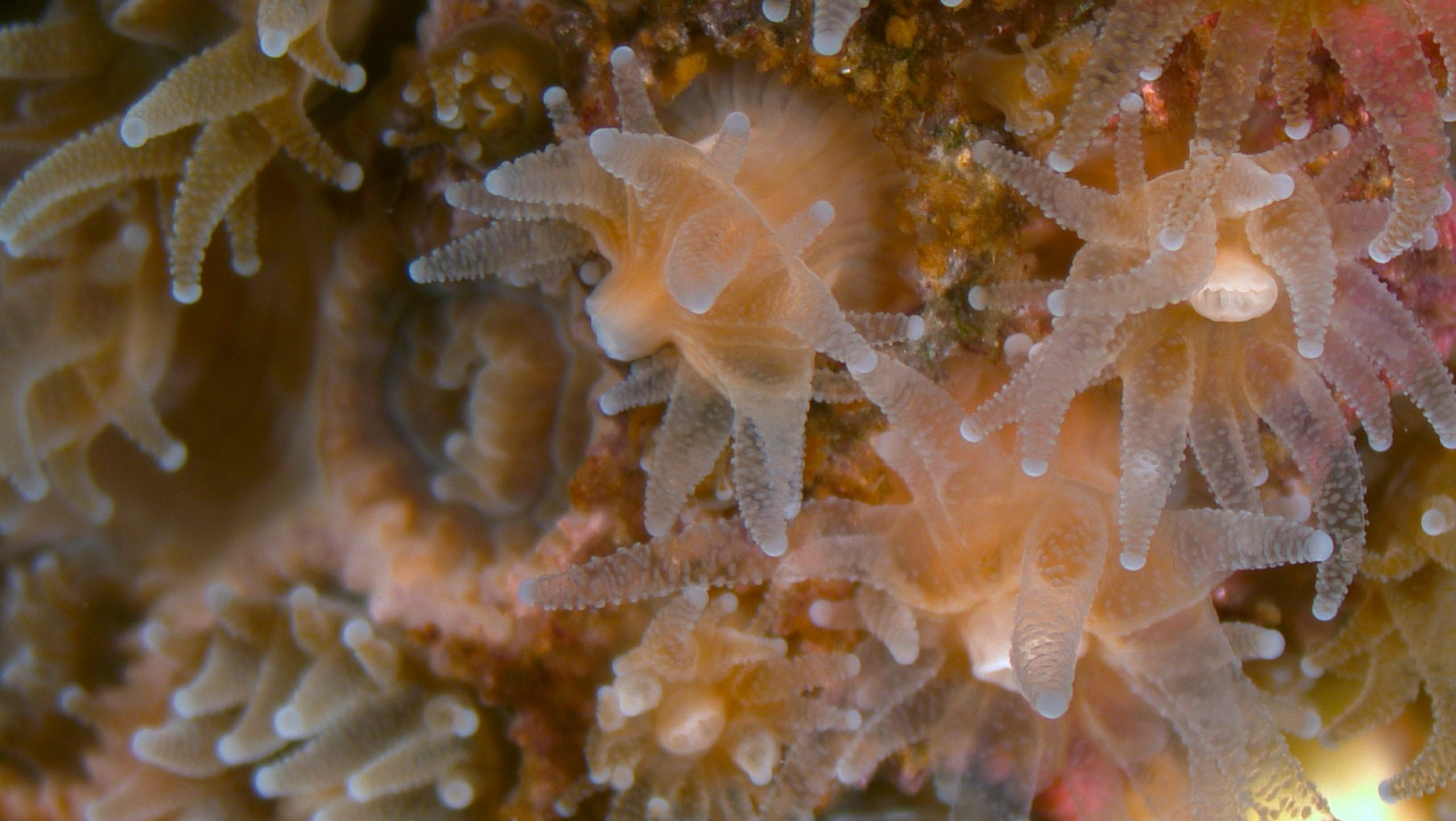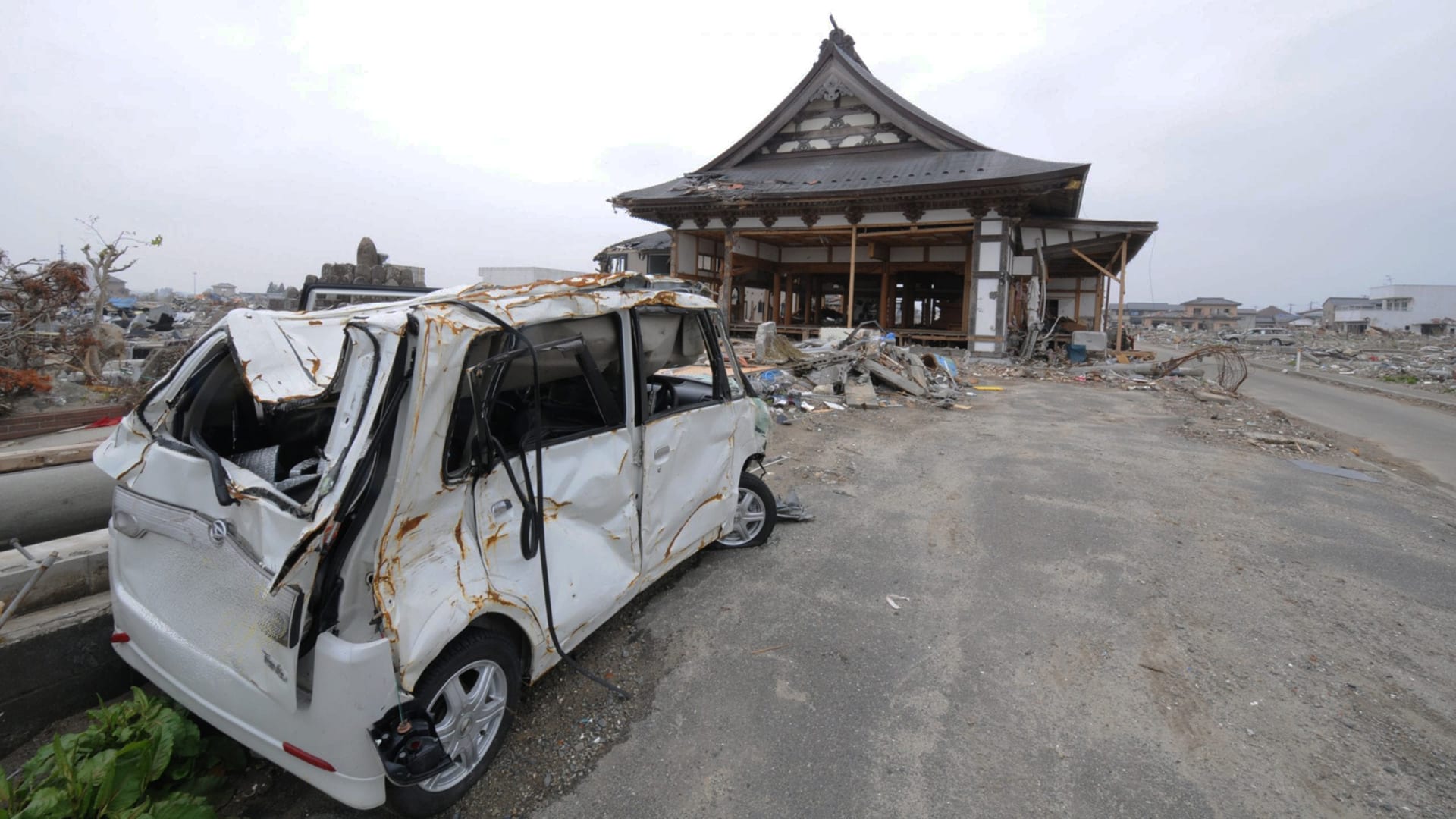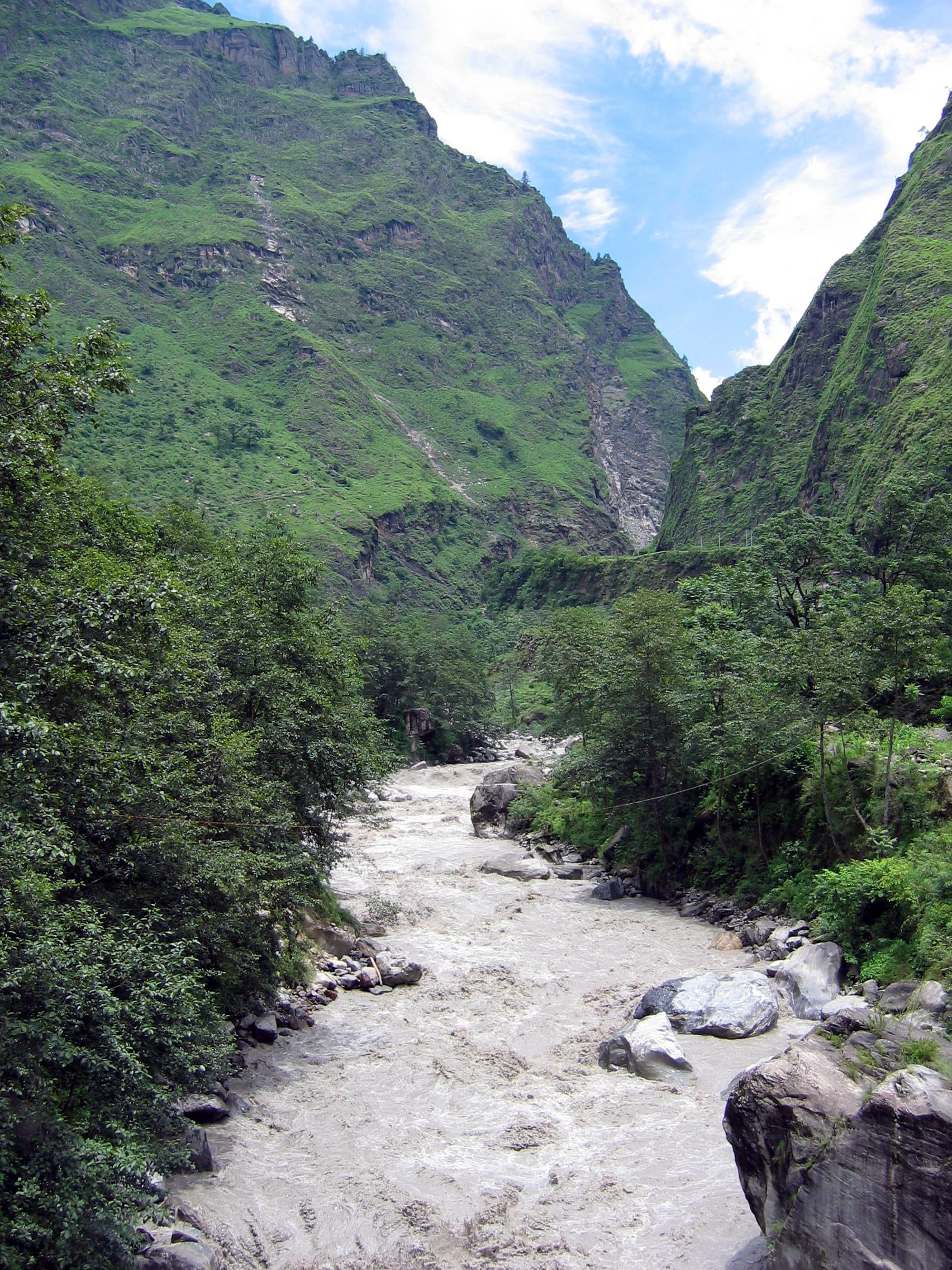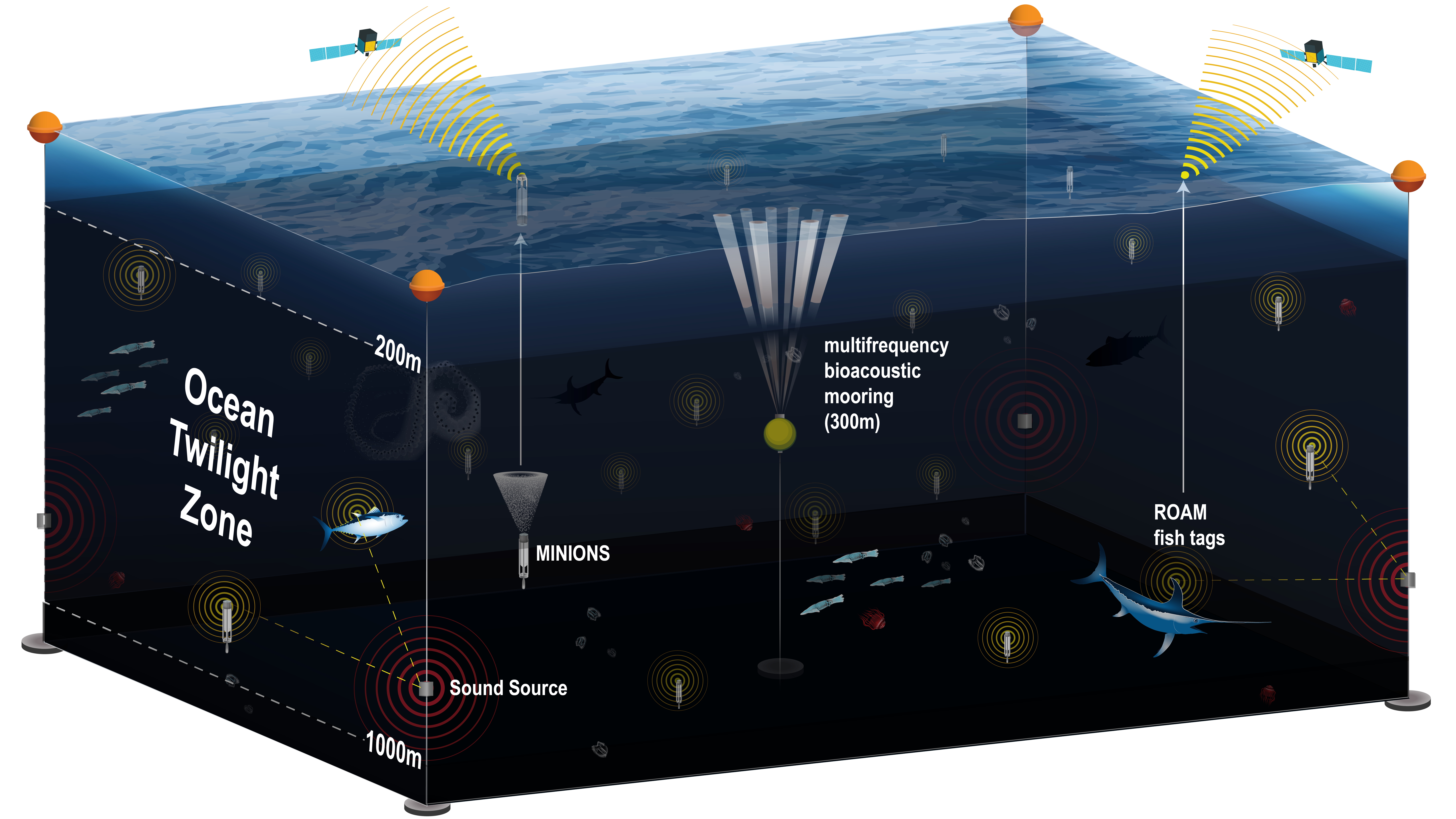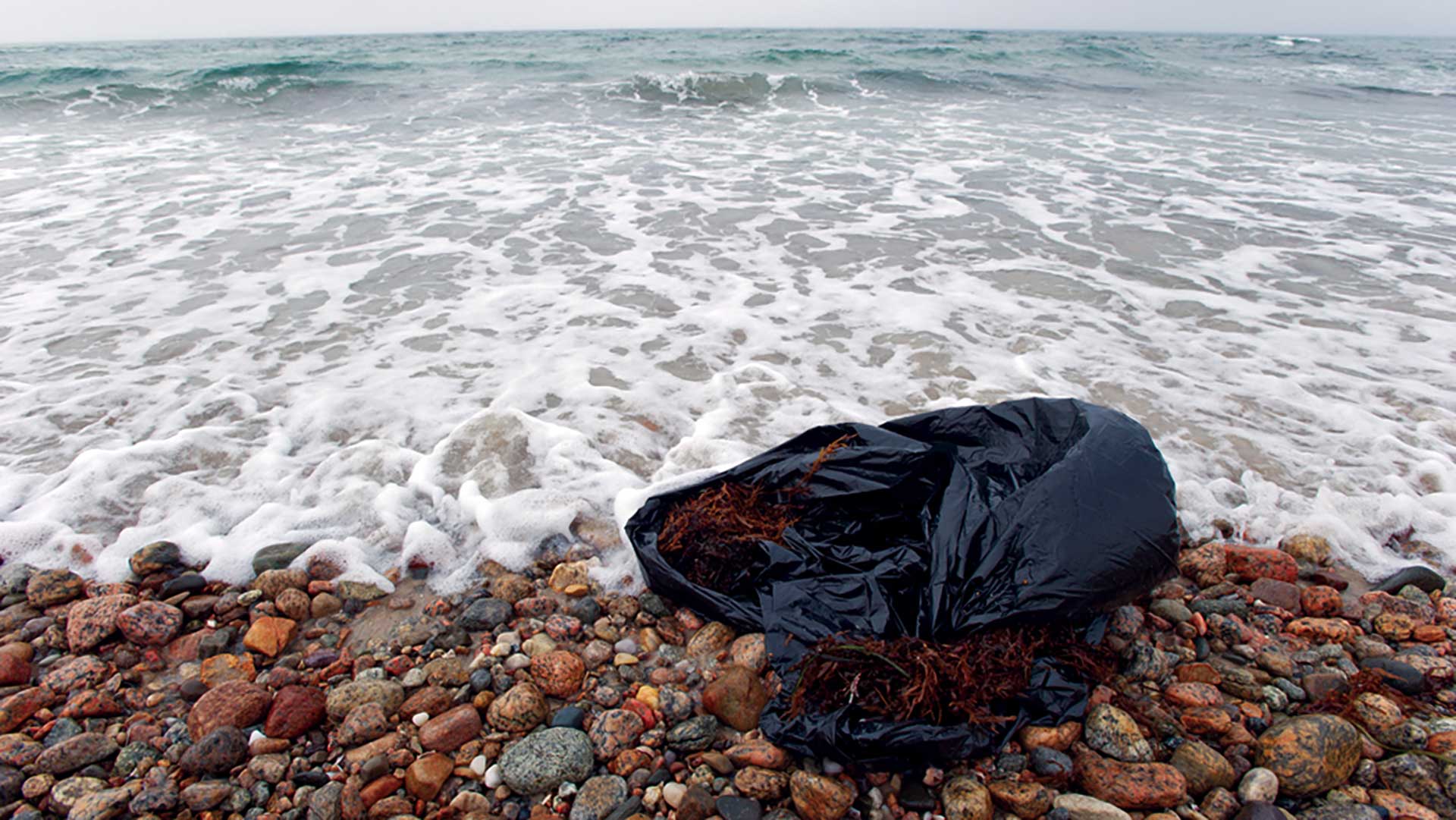Marine Chemistry & Geochemistry
A coral reef kickstart
WHOI’s Reef Solutions Initiative takes a multi-disciplinary approach to investigate solutions for ailing coral reefs
Read More“Mantle wind” blows through slab window beneath Panama
A Woods Hole Oceanographic Institution-led team unravels the existence of a 900-mile-long mantle conduit between the Galapagos and Central America Woods Hole, MA — Volcanic gases are helping researchers track…
Read MoreWHOI selected for new NSF science & technology center
The new Center for Chemical Currencies of a Microbial Planet (C-CoMP) will focus on the chemical processes that underpin ocean ecosystems.
Read MoreSunlight can break down marine plastic into tens of thousands of chemical compounds, study finds
Sunlight was once thought to only fragment plastics in the marine environment into smaller particles that chemically resemble the original material and persist forever. However, scientists more recently have learned that sunlight also chemically transforms plastic into a suite of polymer-, dissolved-, and gas-phased products. Now, a new study finds that this chemical reaction can produce tens of thousands of water-soluble compounds, or formulas.
Read MoreSome coral reefs are keeping pace with ocean warming
Some coral communities are becoming more heat tolerant as ocean temperatures rise, offering hope for corals in a changing climate. After a series of marine heatwaves hit the Phoenix Islands Protected Area (PIPA) in the central Pacific Ocean, a new study finds the impact of heat stress on the coral communities lessened over time.
Read MoreSecrets in the dust
Scientists mine ancient dust from the ocean’s loneliest spot
Read MoreThe ocean has heartburn. Is relief on the way?
Researchers investigate the use of alkalinity enhancement to quell ocean acidification and help maintain the sea’s role as a carbon sink
Read MoreScience RoCS Initiative responds to need for increased ocean monitoring
Commercial ships are helping oceanographers deploy robotic Argo floats to keep an eye on hard-to-reach parts of the ocean
Read MoreThe ocean science-art connection
Some of the most complex insights in marine science are no match for the communicative power of art. Check out these five recent collaborations between ocean scientists and artists
Read MoreA Rusting Oil Tanker Off the Coast of Yemen Is an Environmental Catastrophe Waiting to Happen. Can Anyone Prevent It?
Viviane Menezes, a marine scientist at the Woods Hole Oceanographic Institute in Massachusetts, has described the Red Sea as being like a “big lagoon” with “everything connected.” An oil spill…
Read MoreA new ocean soundscape
Combining his passions for marine chemistry and music, an MIT-WHOI Joint Program student converts data into songs that reveal the chemical nuances of the ocean.
Read MoreStudy Finds 6⁰C Cooling on Land during the Last Ice Age, With Implications about Future Global Warming
A recent report shows that prior studies have underestimated the cooling in the last glacial period, which has low-balled estimates of the Earth’s climate sensitivity to greenhouse gases. The rather high climate sensitivity is not good news regarding future global warming, which may be stronger than expected using previous best estimates.
Read MorePlate Tectonics Fuels a Vast Underground Ecosystem
The subsurface is among Earth’s largest biomes, but the extent to which microbial communities vary across tectonic plate boundaries or interact with subduction-scale geological processes remains unknown. In a recently published study, scientists compare bacterial community composition with deep-subsurface geochemistry from 21 hot springs across the Costa Rican convergent margin.
Read MoreNorthern Star Coral Study Could Help Protect Tropical Corals
Worldwide, coral reefs are in crisis. Researchers at WHOI and Roger Williams University are finding that studying the recovery of this local New England species from a laboratory induced stressor could help better understand how to protect endangered tropical corals around the world.
Read MoreFukushima and the Ocean: A decade of disaster response
One decade since explosions rocked Japan’s Fukushima Dai-ichi nuclear power plant, researchers look back at how the ocean was impacted by the radioactivity fallout from the event, and discuss how the situation continues to evolve.
Read MoreClimate Change Can Destabilize the Global Soil Carbon Reservoir, New Study Finds
The vast reservoir of carbon that is stored in soils probably is more sensitive to destabilization from climate change than has previously been assumed, according to a new study by…
Read MoreStudy: Acidic ocean could devastate Cape Cod and Islands shellfish industry
New observation network will provide unprecedented, long-term view of life in the ocean twilight zone
A new observation network under development by the Woods Hole Oceanographic Institution (WHOI) will offer round-the-clock data about the ocean twilight zone – a dimly lit region roughly 200–1000 meters (650–3200 feet) below the surface, containing the largest amount of fish biomass on Earth.
Read MoreResearchers discover an immense hydrocarbon cycle in the world’s ocean
Hydrocarbons and petroleum are almost synonymous in environmental science. After all, oil reserves account for nearly all the hydrocarbons we encounter. But the few hydrocarbons that trace their origin to…
Read MoreShipping-Gate Explained: How The Global Ship Fuel Scandal Came About
So until now (four months later), there has been no detailed oil fingerprinting conducted aside from a ten day old sample that some of the world’s leading oil spill scientists at U.S.-based Woods Hole Oceanographic Institution had conducted.
Read MoreShipping-Gate: Why Toxic VLSFO Fuel Is Such A Danger For Global Shipping
This chemical signature also reveals what would happen if that oil was ever leaked into the natural environment or made contact with humans. A process known as Gas Chromatography-Mass Spectrometry (GC-MS) is…
Read MoreNew study takes comprehensive look at marine pollution
Paper finds ocean pollution is a complex mix of chemicals and materials, primarily land-based in origin, with far-reaching consequences for environmental and human health, but there are options available for…
Read MoreHow safe is the water off the coast of the San Onofre nuclear plant?
Surfrider teams with Woods Hole Oceanographic Institution to conduct their own tests of San Onofre’s radioactive wastewater.
Read MoreEnvironmental groups will do their own tests of radioactive wastewater from San Onofre
The Surfrider Foundation and the Woods Hole Oceanographic Institution’s Our Radioactive Ocean initiative will do independent water quality testing at San Onofre State Beach after radioactive wastewater releases from the retired San Onofre Nuclear Generating Station.
Read More

